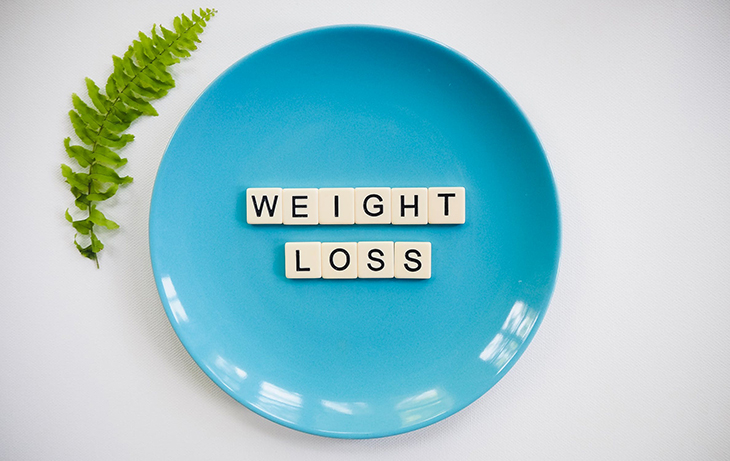
New research has shed light on the potential risks associated with weight loss in old age, suggesting that unintentional shedding of pounds could be linked to premature death.
A study published in the April 10 copy of JAMA Network Open examined the relationship between changes in body weight and longevity among health older adults, including 16,703 individuals aged 70 and above in Australia and 2,411 people aged 65 and older in the United States. Notably, none of the participants had known conditions associated with premature death in older adults, such as cardiovascular disease, dementia, physical disabilities, or life-limiting chronic illnesses.
Over an average follow-up period of 4.4 years, the study observed a concerning trend: weight loss of at least 5 percent was associated with a 33 percent higher mortality risk for men and a 26 percent higher mortality risk for women. Even more alarming was the discovery that weight loss of at least 10 percent led to an almost tripled mortality risk for men and a more than doubled mortality risk for women.
Senior research fellow at the School of Public Health and Preventive Medicine at Monash University in Melbourne, Australia, and lead study author, Sultana Monira Hussain, MBBS, PhD, MPH, said, “It is important for older adults to be aware that even a small weight loss of 5 percent, especially in the absence of any evident disease, can significantly increase the risk of mortality.”
The implications of this finding are significant. If individuals experience unintentional weight loss, it is essential for them to consult their primary care provider promptly. Such weight loss might act as an early warning sign of undiagnosed health problems that could hasten death, explains Dr. Hussain.
Could Premature Death Be Caused By Unintentional Weight Loss?
Upon examining causes of death among older adults, the researchers uncovered a connection between weight loss and increased mortality from both cardiovascular disease and cancer.
For instance, a weight loss of at least 10 percent correlated with a more than tripled risk of death from cancer among men and an almost tripled risk for women. Similarly, weight loss of at least 10 percent was associated with a more than tripled risk of death from cardiovascular disease among men and an almost doubled risk for women.
However, it’s important to note that the study was not a controlled experiment designed to establish a direct causal relationship between weight loss and premature death.
One major limitation of the study is that researchers lacked the necessary data on why people lost weight. Although, the team did note that weight loss surgery – which is a main cause of weight loss for younger individuals – is hardly ever done in older adults.
Another limitation of the study is that the research team lacked data on any changes that may have occurred in their physical activity levels, which could have had an impact on both body weight and overall health throughout the study period.
Unintentional Weight Loss in Older Adults May Be Sign of Underlying Health Issues
Unintentional weight loss in older adults may signal underlying medical issues that require attention. Malnutrition could be one possible cause, leading to physical weakness, reduced mobility, fatigue, and heightened vulnerability to infections and chronic illnesses, explains Bellal Joseph, MD, a professor of surgery at the University of Arizona College of Medicine in Tucson. Notably, Dr. Joseph was not involved in the new study.
Additionally, weight loss might be indicative of frailty, a syndrome linked to the depletion of physiological reserves with age, resulting in an increased risk of falls, disability, and susceptibility to various stressors, Dr. Joseph adds.
Moreover, the loss of muscle mass due to weight loss can weaken the body and contribute to frailty among older adults. It can also be a sign of depression, anxiety, or other mental health issues, explains Dr. Joseph.
“If left untreated, any of these can lead to further physical decline and even premature death. Therefore, it is essential to consult with a doctor to determine the cause of the weight loss and take steps to address any underlying issues, even if the older adult appears to be healthy and has no chronic medical conditions,” Dr. Joseph says.
In summary, while the study underscores the potential risks of unintentional weight loss in old age, further research is needed to fully understand the underlying mechanisms and the most effective ways to address this concern among older adults.



